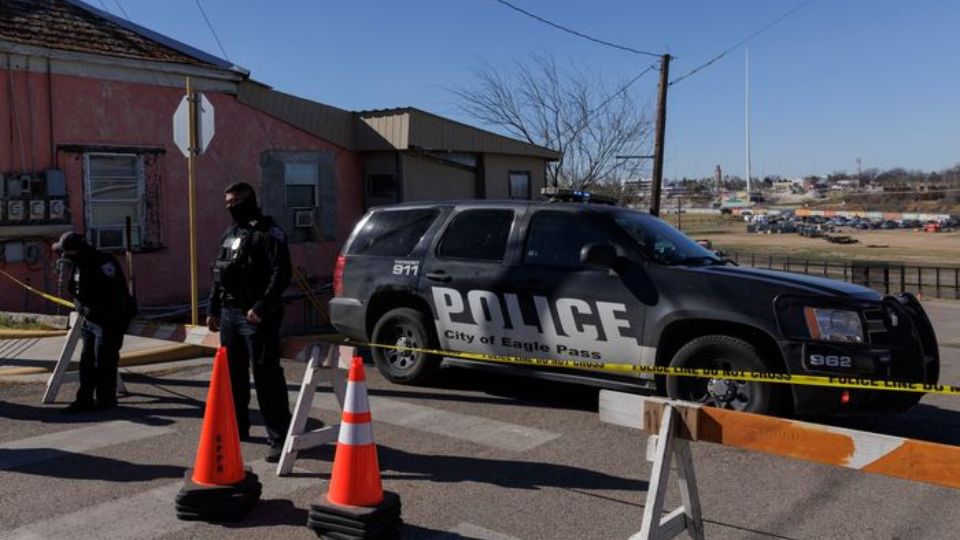On Monday, the Supreme Court temporarily halted a new Texas immigration law following a request from the Biden administration. Conservative Justice Samuel Alito issued an order freezing a lower court decision that would have allowed the law to go into effect Sunday.
The decision has been postponed until March 13, allowing the nine justices more time to decide on the next course of action. Alito also directed Texas to reply to the Biden administration’s request by March 11.
SB4, also known as the law in question, permits police to detain migrants who cross the border from Mexico illegally and enforces criminal consequences.
This disagreement is the most recent conflict between the Biden administration and Texas regarding immigration enforcement along the U.S.-Mexico border.
A federal judge halted the law following a lawsuit by the Biden administration, but the New Orleans-based 5th U.S. Circuit Court of Appeals mentioned in a brief order that it could be implemented on March 10 if the Supreme Court does not interfere.
Solicitor General Elizabeth Prelogar stated in Monday’s emergency filing that the Texas law directly contradicts Supreme Court precedent from the past century.
Also Read: Do you know the Best Time to Rent an Apartment in NYC? Here is!
“The decisions acknowledge that the national government has the authority to admit and remove noncitizens, and when Congress has passed a law on these matters, state law is preempted,” she stated.
Prelogar noted that the appeals court did not provide a clear explanation for its decision to allow the law to take effect. She rejected Texas’ claim that its law is justified by the state’s efforts to address border security under the State War Clause of the Constitution.
“A surge of unauthorized immigration clearly does not constitute an invasion under the State War Clause,” Prelogar wrote.
El Paso city and two immigrant rights organizations, Las Americas Immigrant Advocacy Center and American Gateways, have also contested the law and submitted their emergency request to the Supreme Court.



Leave a Reply